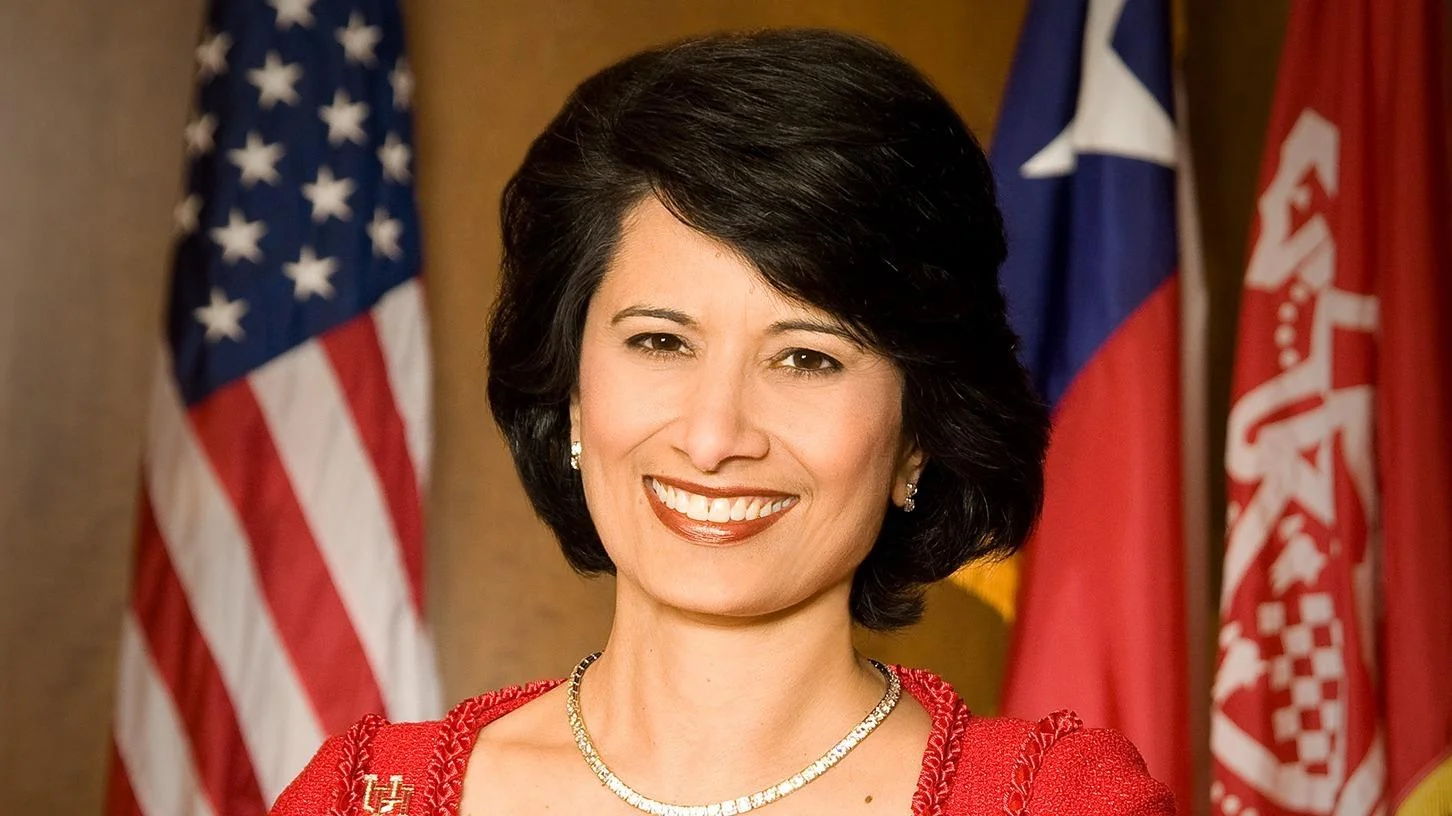As Houston and the Texas Gulf Coast continue recovering from Hurricane Beryl, a new survey from the University of Houston and Texas Southern University provides insight into Texans' past experiences with extreme weather, including prolonged power outages, and how those experiences impacted their preparedness for future events.
The Texas Trends Survey of 2,257 residents by the Hobby School of Public Affairs at UH and the Barbara Jordan – Mickey Leland School of Public Affairs at TSU was conducted just before Hurricane Beryl made landfall on July 8, leaving nearly 3 million people in the greater Houston area without power. More than a week later, hundreds of thousands remained without electricity.
“We don’t know yet the long-term impact of Beryl, but our findings show a large number of Texans have experienced serious negative impacts from extreme weather events in recent years, specifically blackouts,” said Agustin Vallejo, professor at the University of Houston’s Hobby School of Public Affairs. “And those experiences have shaped how they have been preparing for future natural disasters.”
Power outages in Houston have become one of the main sources of uncertainty in post-disaster recovery for many Texans, especially vulnerable populations. Maria Paula Perez Argüelles, a research associate at the Center for Public Policy who contributed to the report, noted that two months before Beryl, a powerful derecho knocked out power to nearly a million people in central Houston. More than 50% of survey respondents reported losing power during Hurricane Harvey in 2017 and the winter freeze in 2021.
Preparedness measures adopted by whether in Hurricane Beryl's path included charging electronic devices (71%), buying water (66%) and non-perishable food (61%), building emergency kits (58%), and filling gas tanks (55%). The least common measure was purchasing or maintaining a generator (26%).
“Even before Beryl made landfall, our survey showed that people in Beryl’s path took more steps to prepare,” said Gail Buttorff, associate director of the Center for Public Policy and professor at UH. “For example, when it came to buying food and filling up with gas, there was a 10% gap between those in the path and those outside it.”
Despite substantial preparedness efforts by many Texans for hurricane seasons, significant gaps remain. The survey indicates that power outages are frequent consequences of severe weather events.
“Texans have faced significant negative impacts from natural disasters in recent years, especially blackouts,” concluded Pablo Pinto, director of the Center for Public Policy and professor at UH’s Hobby School of Public Affairs. “Our findings underscore the vulnerability of Texas’ power infrastructure, particularly in Houston and the Gulf Coast region, suggesting a need for targeted solutions to improve power grid stability statewide.”
The report follows nearly a year after another Hobby survey for Houston Public Media found that 57% of Houstonians had considered moving out due to extreme weather concerns.

